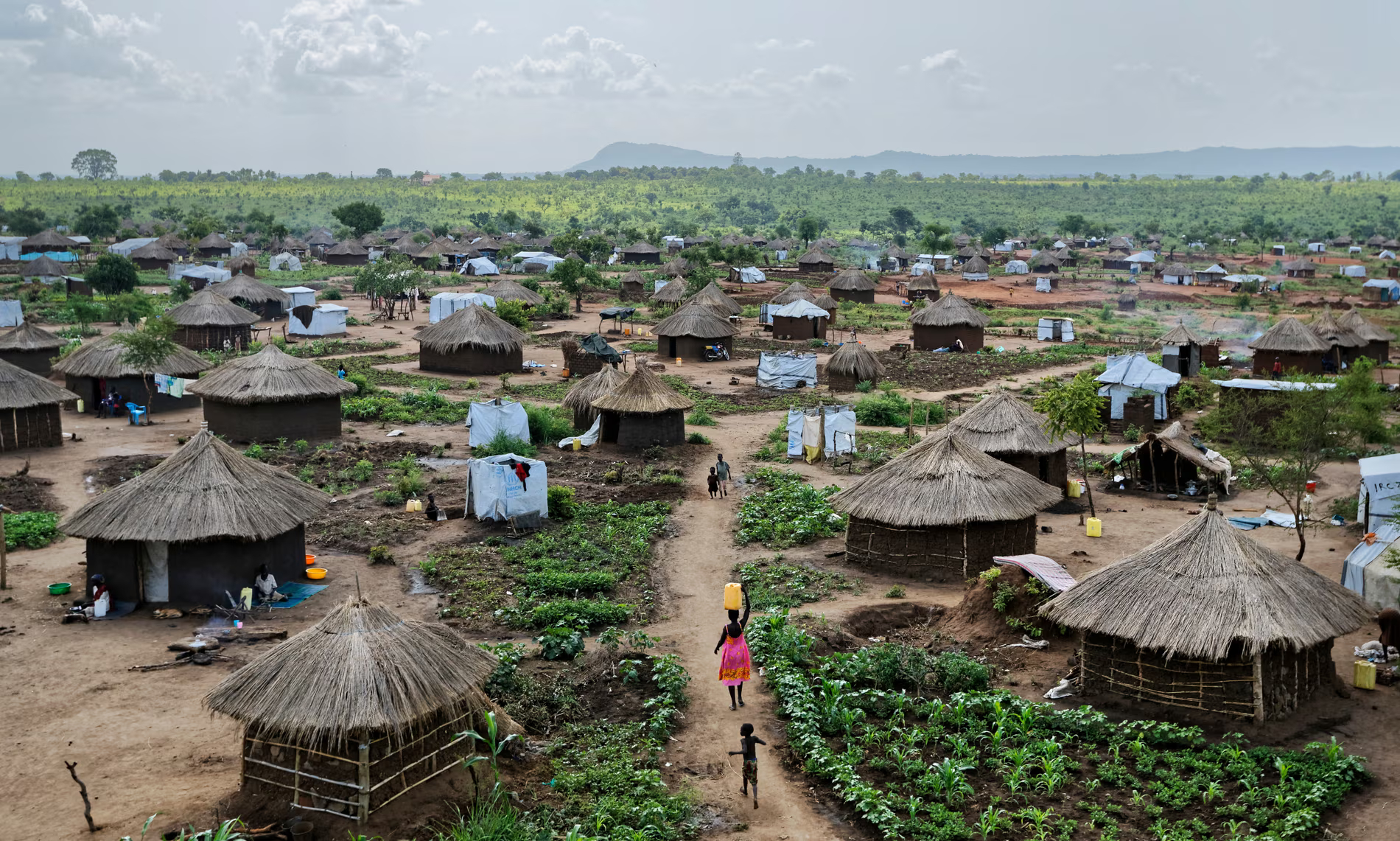Uganda’s open-door policy towards refugees has been widely praised and admired by the international community. The country, located in the heart of East Africa, has welcomed more than 1.6 million refugees into settlements across the west and north regions. This policy has not only provided a safe shelter for those fleeing conflict and persecution in neighboring countries but has also allowed refugees to rebuild their lives and contribute to the local economy. However, the sustainability of Uganda’s refugee policy has recently been questioned as the country’s capacity to provide refuge is being increasingly overwhelmed.
According to UNHCR estimates, the overall number of refugees in the country as of March 31, 2024 was approximately 1,611,732, with 48,792 asylum seekers. More than 44,700 people (including more than 7,400 new births) have been registered in Uganda since the beginning of 2024 with 30% being new arrivals from Sudan, 18% from South Sudan, 16% from Eritrea, and 13% from the Democratic Republic of the Congo.
Breaking down the number of refugees and asylum seekers by country of origin, South Sudan accounts for the majority at 56.3% with 935,260, while the Democratic Republic of the Congo comes second at 31.0% with 515,482.
Uganda as a beacon of hope for refugees
Julius Wombenga, a Congolese refugee and father of seven, is a shining example of the positive impact of Uganda’s refugee policy. Initially registered at the Nakivale refugee settlement near the Tanzania border, Julius has taken full advantage of the opportunities provided by the country’s progressive approach towards refugees. With the freedom to move and work anywhere in Uganda, Julius has traveled across the country, engaging in business activities in both urban and rural areas to support his large family.
“Although I had never left my home country, most of us had to flee to Uganda in 2012 due to M23 rebel-led warfare in the province of North Kivu that led to a brief capture of Goma City. I was concerned about how things would be in a strange nation with my seven children and wife. However, I was surprised to see how wonderfully refugees are treated in Uganda. I was given a plot of land to cultivate and was free to go across the country for business,” Julius explained.
Today, Julius is an urban refugee living in the bustling capital city of Kampala. He has successfully established a small business, providing for his family and creating jobs for other refugees and locals. His story is just one of many examples of how Uganda’s open-door policy has enabled refugees to not only survive but thrive in their new environment.
The success of Uganda’s refugee policy can be attributed to the government’s commitment to upholding international humanitarian principles and providing refugees with the support and resources necessary to rebuild their lives.
Charles Bafaki, the Assistant Commissioner for Refugees in the Prime Minister’s Office, stated:
“Our approach is fundamentally different from the restrictive and often hostile policies adopted by many other nations, which only serve to exacerbate refugee suffering and create further instability in the region.”
He explains that, as a result of Uganda’s welcoming stance towards refugees, the country has become a beacon of hope and a model for other nations to emulate.
The positive impact of Uganda’s open-door policy is evident in the economic contribution, cultural enrichment, and social integration of refugees within local communities. It is a testament to the power of compassion, empathy, and solidarity in fostering peace, stability, and prosperity for all.

Uganda’s long-term hosting capacity questioned
However, while Uganda is frequently touted as “the most refugee-friendly country” by the international community, the long-term feasibility of this program is questionable. According to recent studies, Uganda’s refugee accommodation capacity has been overburdened as a result of the ongoing influx of refugees.
Bafaki told DevelopmentAid that “the influx in 2024 will create further strain on the country’s housing, healthcare, and educational sectors, as well as a resource problem. However, we can guarantee refugees that the issue will be managed.”
According to Uganda’s Cabinet Minister for Relief, Disaster Preparedness, and Refugees, the nation’s open-door refugee policy is being overstretched and a review is being considered.
“There is too much emphasis on this open-door policy for refugees. We will be forced to review the policy since it is suffocating us if we are not assisted in providing food for these individuals. Currently, refugees only eat once a day instead of three”, according to Eng. Hillary Onek, Minister of Assistance, Disaster Preparedness, and Refugees.
More funds needed to cope with refugee inflow
Onek claims that Uganda needs to spend between US$800 million and US$1.2 billion a year on refugee care.
Large influxes of refugees and recurring financial shortfalls have left national agencies and processes severely overwhelmed, making achieving refugees’ self-sufficiency increasingly challenging.
Uganda previously received significant foreign aid to support refugees with the United States being one of the largest humanitarian donors. In fiscal year 2022 alone, the United States provided US$82 million in humanitarian assistance to Uganda, bringing the country’s total funding to nearly US$170 million for that year.
However, in 2022, Uganda’s refugee response received less than half of that necessary due to its stance on LGBTQI+. For instance, France contributed more than US$2 million to Uganda’s humanitarian and refugee response in 2018, but little more than US$500,000 in 2021 and 2022 combined, according to OCHA’s Financial Tracking Service.
Despite the initial tough stance on Uganda’s anti-gay law, the United States has announced that it will give more than US$25 million in additional humanitarian funding to the World Food Program and the United Nations High Commissioner for Refugees to help refugees in Uganda who are struggling with ongoing food insecurity and the compounding effects of regional conflict.

